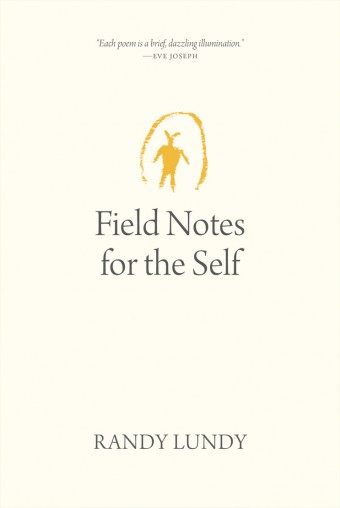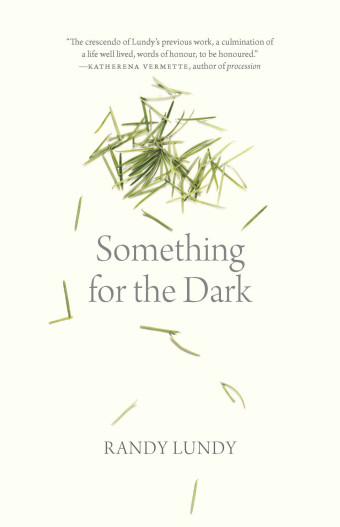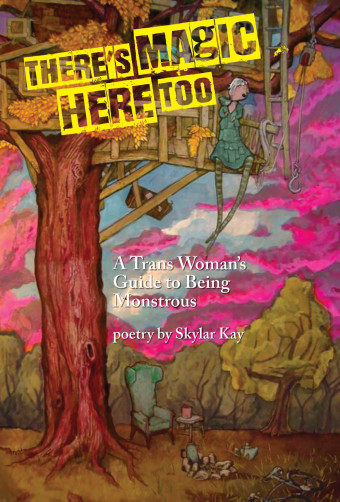A member of the Barren Lands (Cree) First Nation, writer Randy Lundy is based in Pense, Saskatchewan.
This spring, Lundy is publishing his fourth collection of poetry, Field Notes for the Self, with the University of Regina Press’s Oskana Poetry & Poetics series edited by Jan Zwicky.

- Field Notes for the Self
- Randy Lundy
- University of Regina Press
- $19.95 Paperback, 96 pages
- ISBN: 978-08-89776-91-3
The book marries a blue-collar aesthetic that would be familiar to readers of Patrick Lane’s work with the teachings of Chan Buddhism.
“I like to think the poems are meditative, but that they also, at times, lift from the page like a tree pulling up its roots and sprouting wings in the place of leaves, under the influence of an overwhelming desire to take flight and follow the birds into the distances,” says Lundy.
“The poems document, perhaps confront, suffering, but also, I hope, celebrate the beauty of this world of which we are such a small part. Both intense suffering and immense, immeasurable beauty are part of the human experience, and both need to be acknowledged and honoured, in whatever ways each of us can do so.”
Field Notes for the Self is Lundy’s second collection with Oskana after 2018’s Blackird Song.
In keeping with Oskana’s mandate “to speak to the deepest and most urgent issues of our time, including environmental crisis and Indigenous justice,” Field Notes blends nature writing, metaphysics, and Lundy’s Cree worldview.
“I hope the book says whatever the reader needs it to,” Lundy says. “I will add that Jan has said more than once that it’s a hard book, that particular poems are really hard, sometimes dark. I spent many years struggling with mental health issues, including anxiety, depression, and addictions, so there’s some of that in there.
“I do want the reader to know, however, that I am okay. Middle age has come as a blessing, and I am doing much better than I was for a very long time.”
_800_746_90.jpg)
Having written four books of poetry, the biggest thing Lundy has learned is humility.
“Each time you sit down with a blank page in front of you, you don’t know what’s coming, what the adventure will be,” Lundy says. “I think I’ve gotten more comfortable with my own voice, with the things I have to say and want to say, but, still, how one is going to get there, well, it’s like following the track of an animal, or, from another perspective, being tracked by an animal. Maybe both those things simultaneously.”
While Lundy doesn’t believe in rules, he has developed a set of best practices for his writing.
“Look closely, long and hard,” Lundy says. “Inwardly and outwardly. Try to see what’s there, then say that. Try not to lie, try not to bullshit. Try not to let ego get in the way, like it seems to in every other area of our lives.
“After reading Blackbird Song, Tim Lilburn told me there was no bullshit there. Best review I’ve had! Hopefully, Field Notes measures up to that standard.”













